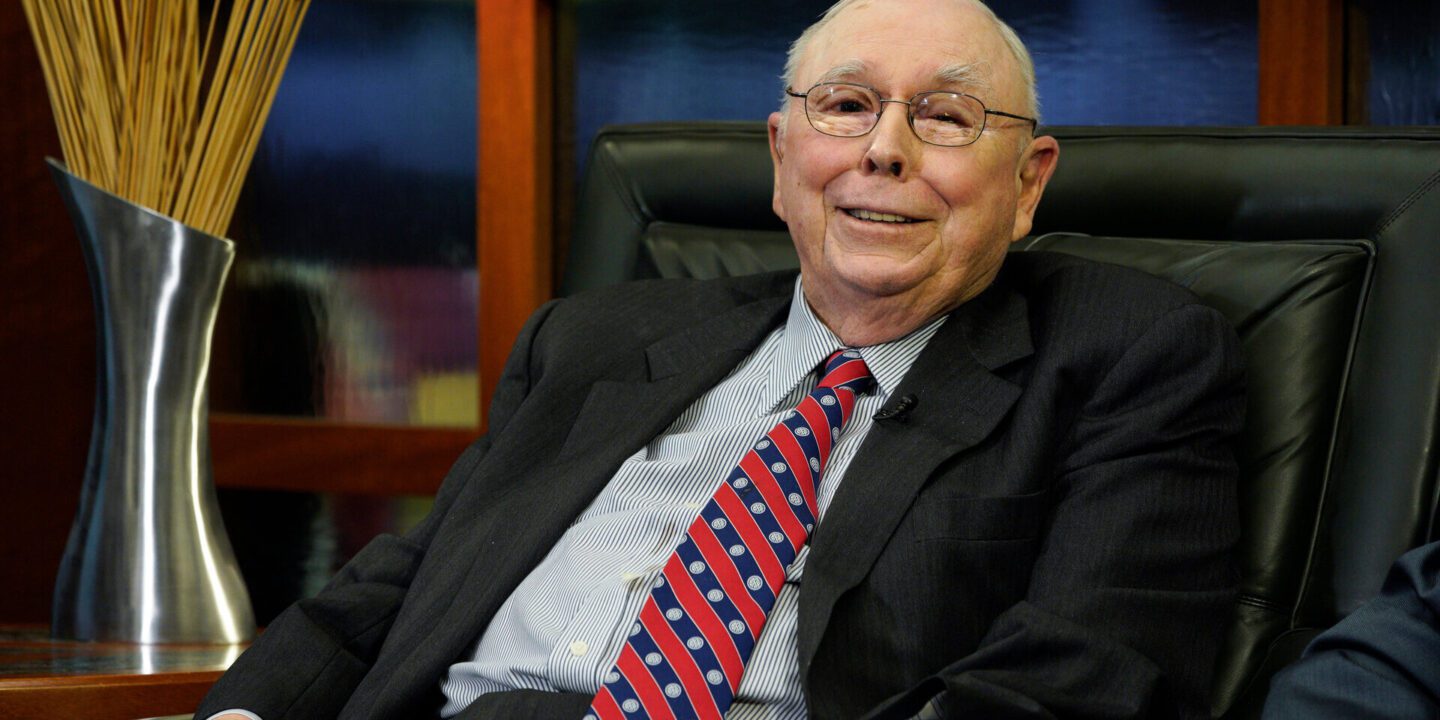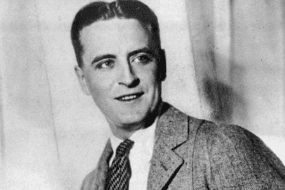
Charlie Munger, a renowned American businessman, investor, and philanthropist, left an indelible mark on the world of finance. Munger’s name is synonymous with Berkshire Hathaway, where he served as vice chairman and played a pivotal role in shaping the conglomerate’s success alongside Warren Buffett. This article delves into Munger’s fascinating journey, exploring his early life, illustrious career, and, most notably, his impressive net worth.
Harlie Munger has a net worth of around $2.6 billion.
Early Life
Charles Thomas Munger was born on January 1, 1924, in Omaha, Nebraska. Growing up, Munger displayed an early aptitude for business, working at Buffett & Son, his future business partner Warren Buffett’s grandfather’s grocery store. His upbringing, coupled with familial influences, laid the groundwork for his future endeavors.
Career Breakdown
Rise to Fame
Munger’s ascent to prominence began with his academic pursuits and military service during World War II. After dropping out of college to serve in the U.S. Army Air Corps, he eventually graduated from Harvard Law School, where his intellectual prowess became evident.
Major Works
Munger’s major works include his role as vice chairman of Berkshire Hathaway, where he collaborated closely with Buffett to steer the company to unprecedented success. Additionally, his founding partnership at Munger, Tolles & Olson and chairmanship at Wesco Financial Corporation are noteworthy milestones.
Awards and Honors
Throughout his career, Munger received widespread acclaim for his contributions to the business world. While specific awards may not be highlighted, his enduring legacy speaks volumes about his influence and impact.
Net Worth Analysis
Earnings
Munger’s wealth primarily stemmed from his investments and positions at Berkshire Hathaway and other ventures. His shrewd investment strategies and keen business acumen contributed significantly to his substantial earnings.
Real Estate
While Munger maintained a relatively modest lifestyle, he possessed considerable real estate holdings, including residential properties and investment assets. These holdings added to his overall net worth.
Expenses and Lifestyle
Despite his immense wealth, Munger lived frugally, eschewing ostentatious displays of wealth. His dedication to philanthropy, however, underscored his commitment to giving back to society.
Financial Challenges and Successes
Although Munger faced challenges throughout his career, such as health issues and economic downturns, his resilience and strategic foresight enabled him to overcome obstacles and achieve unparalleled success.
FAQs
Who was Charlie Munger’s spouse and how many children did he have?
Munger was married twice. His first wife was Nancy Huggins, with whom he had three children: Wendy, Molly, and Teddy. After their divorce, he married Nancy Barry, with whom he had four children: Charles Jr., Emilie, Barry, and Philip. Additionally, he had two stepchildren from his second marriage: William Harold Borthwick and David Borthwick.
What was Charlie Munger’s net worth at the time of his death?
At the time of his passing on November 28, 2023, Munger’s net worth was estimated to be approximately $2.6 billion by Forbes.
What were Charlie Munger’s key contributions to Berkshire Hathaway?
As vice chairman of Berkshire Hathaway, Munger played a pivotal role in shaping the company’s investment strategies, corporate governance, and overall business philosophy. His partnership with Warren Buffett was instrumental in Berkshire’s growth and success over the years.
Charlie Munger’s legacy as a titan of finance is undeniable. His remarkable journey from humble beginnings to extraordinary wealth and influence serves as an inspiration to aspiring entrepreneurs and investors worldwide. As we reflect on his achievements, we can glean valuable lessons in business, integrity, and the enduring power of strategic thinking.
Disclaimer: This article is for informational purposes only and does not constitute financial advice. Net worth estimates and financial details are based on publicly available information and may vary. Readers should conduct their own research or consult a financial advisor for personalized guidance.








